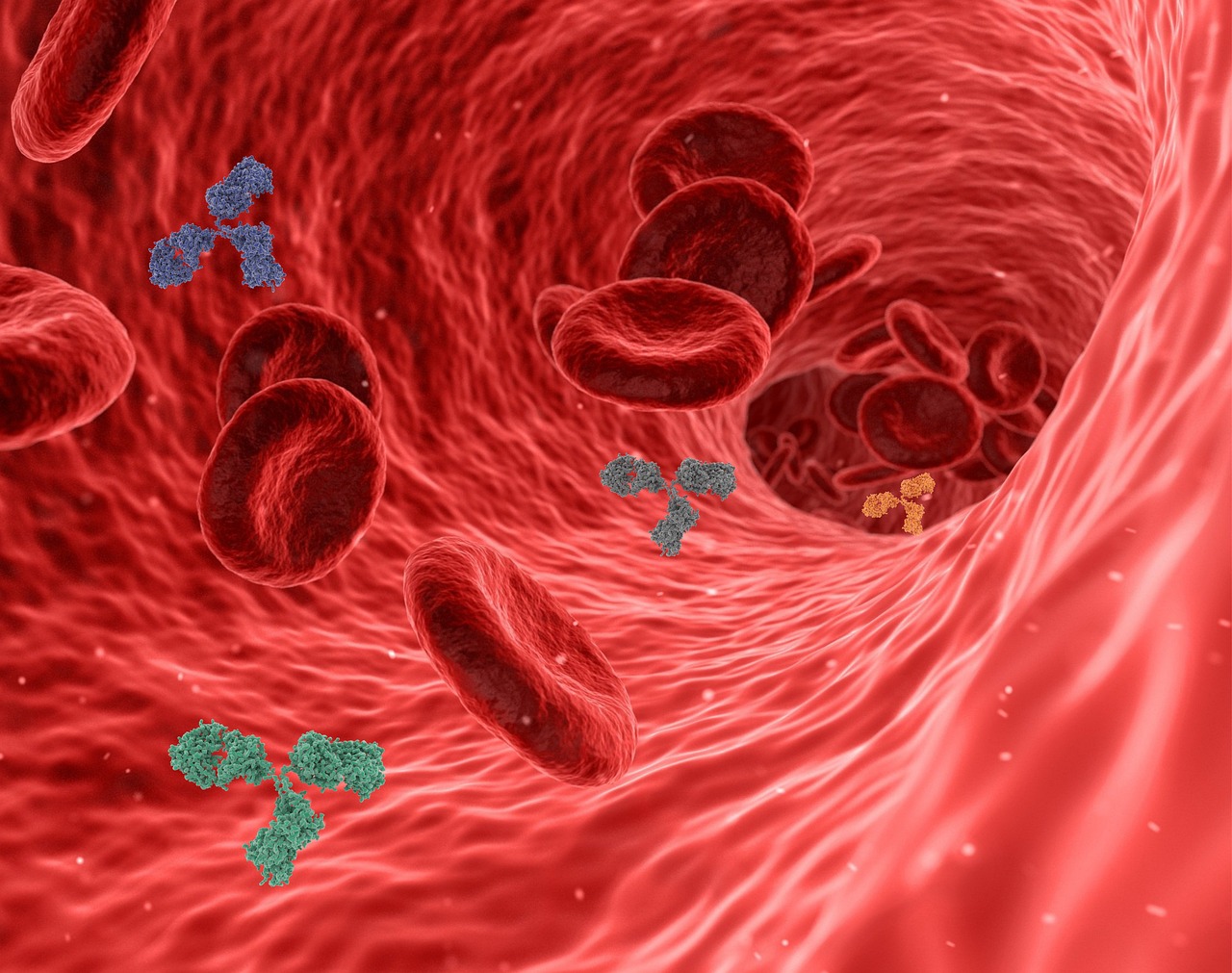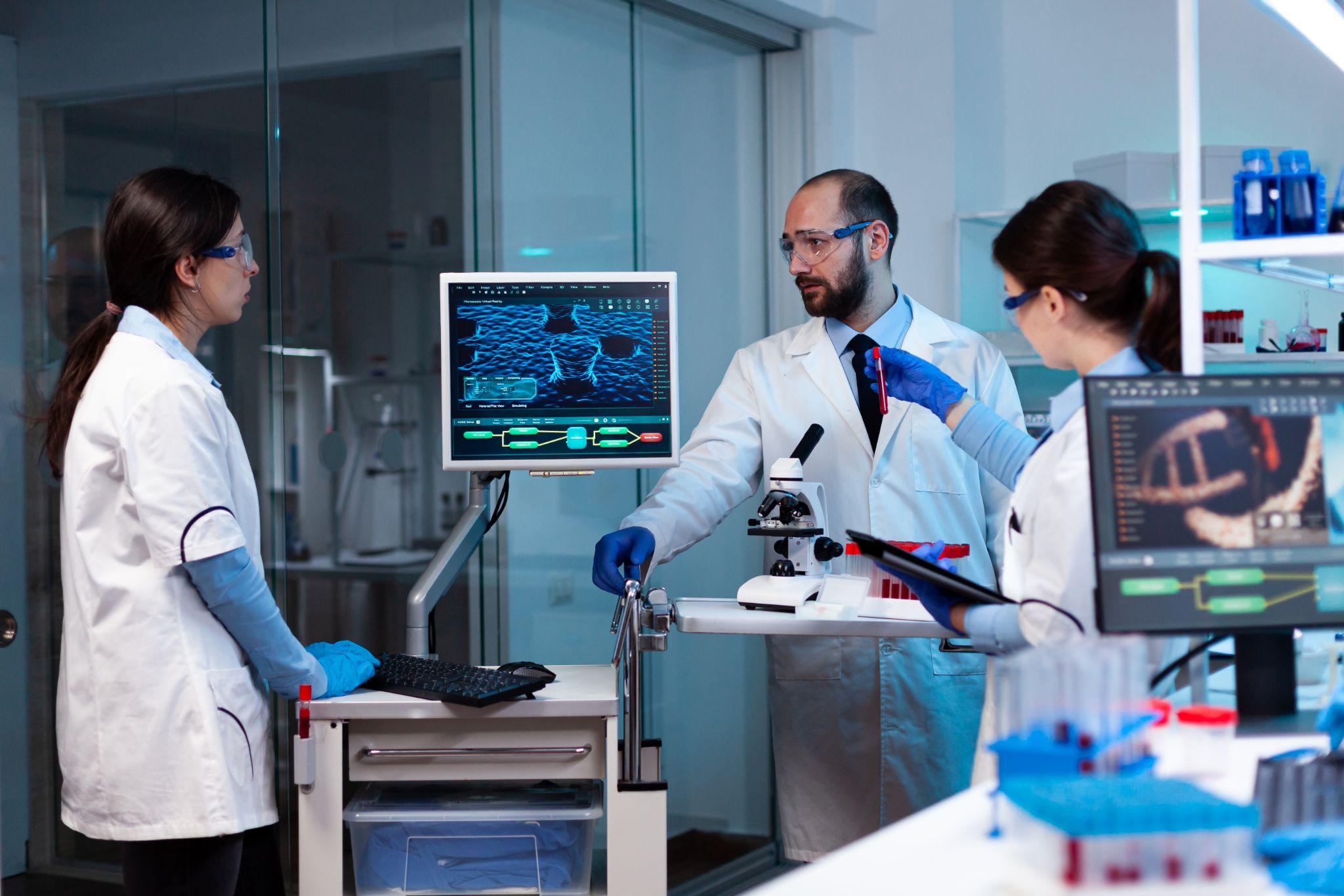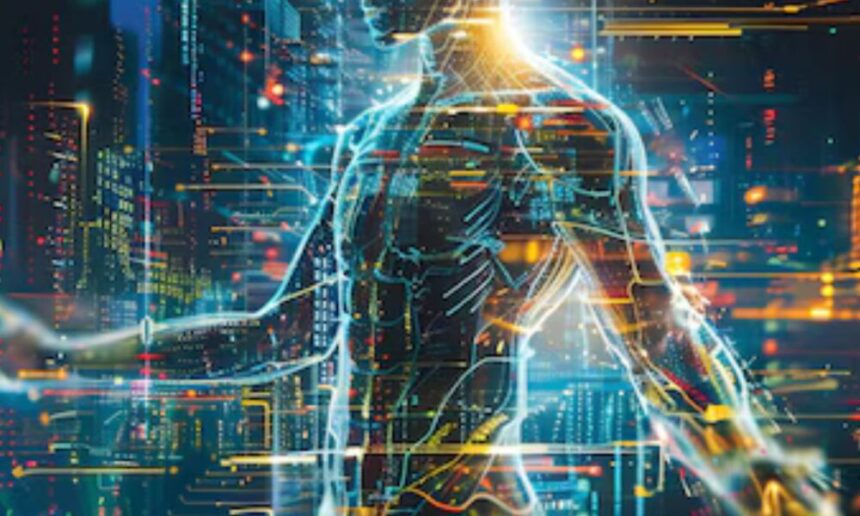On the subject of scientific analysis and diagnostics, antibodies are essential instruments. They assist us detect and research varied molecules, making them important in fields like immunology, biochemistry, and molecular biology. However not all antibodies are created equal. Right now, we’re going to dive into the variations between customized antibodies and normal antibodies, exploring how antibody engineering can present tailor-made options for particular wants.
Right now, we’ll clarify what units these two kinds of antibodies aside, their distinctive advantages, and once you may select one over the opposite. Whether or not you’re a seasoned scientist or simply curious in regards to the matter, this information provides you with a clear understanding of the important thing variations between customized and normal antibodies.
What Are Customary Antibodies?

What Are Customary Antibodies?
Customary antibodies are generally accessible antibodies utilized in varied analysis and diagnostic purposes. They’re usually produced in massive portions and designed to acknowledge and bind to a particular antigen. They’re efficient for a lot of basic makes use of however are usually not tailor-made for distinctive or specialised wants.
Manufacturing Course of
The manufacturing of ordinary antibodies entails a number of key steps:
- Antigen Preparation:
The method begins with the preparation of the antigen, which is the particular substance that the antibody will goal. This may very well be a protein, peptide, or different molecule.
- Immunization:
The ready antigen is injected into an animal, generally a mouse or rabbit. This step is essential because it stimulates the animal’s immune system to supply antibodies towards the antigen.
- Immune Response:
Following immunization, the animal’s immune system acknowledges the antigen as a overseas substance and begins to supply antibodies. These antibodies are generated by B cells in response to the antigen.
- Antibody Harvesting:
After a adequate immune response has been achieved, blood is collected from the animal. The antibodies are current within the serum, which is the liquid portion of the blood.
- Purification:
The harvested serum is processed to purify the antibodies. This usually entails a number of steps to take away different proteins and contaminants, leading to a preparation that comprises primarily the goal antibodies.
- High quality Management:
The ultimate step entails rigorous testing to make sure that the antibodies have the specified specificity and are free from contaminants. This step is important to substantiate that the antibodies will carry out successfully in analysis and diagnostic purposes.
Traits of Customary Antibodies
Customary antibodies are on no account “inferior” to customized antibodies – they simply have totally different makes use of and traits! Listed below are a few of them:
The manufacturing course of for normal antibodies is comparatively cheap, making them accessible for a variety of purposes.
Customary antibodies will be produced comparatively rapidly, usually inside just a few months, relying on the particular protocols used.
These antibodies can be found off-the-shelf, that means they are often bought from suppliers with out the necessity for customized growth. This makes them handy for a lot of widespread analysis and diagnostic wants.
Customary antibodies are appropriate for a wide range of purposes, together with ELISA, Western blotting, immunohistochemistry, and extra. They are perfect for experiments that don’t require extremely particular or custom-made antibodies.
Functions of Customary Antibodies
Though they’re utilized in varied methods, these are two primary teams we are able to put these into:
In analysis laboratories, normal antibodies are used to review protein expression, localize proteins inside cells and tissues, and examine varied organic processes.
In medical diagnostics, these antibodies assist detect the presence of pathogens, measure hormone ranges, and determine biomarkers related to illnesses.
Understanding the manufacturing course of and traits of ordinary antibodies helps researchers and clinicians choose the suitable instruments for his or her work, making certain dependable and environment friendly outcomes of their experiments and assessments.
What Are Customized Antibodies?

What Are Customized Antibodies?
Customized antibodies are specialised antibodies designed and produced to satisfy particular analysis or diagnostic wants. Not like normal antibodies, that are broadly accessible and never tailor-made for distinctive purposes, customized antibodies are engineered to focus on particular epitopes with excessive precision.
Manufacturing Course of
The creation of customized antibodies entails a extra intricate and tailor-made course of, together with the next steps:
- Antigen Choice and Design:
The method begins with choosing or designing the antigen that the antibody will goal. This antigen is usually a protein, peptide, or different molecule that’s related to the analysis or diagnostic purpose.
- Immunization:
The chosen antigen is injected into an animal, corresponding to a mouse, rabbit, or goat. The animal’s immune system is stimulated to supply antibodies towards the particular antigen. This step might contain a number of rounds of immunization to boost the immune response.
- Hybridoma Era (for Monoclonal Antibodies):
For monoclonal antibodies, B cells from the immunized animal are harvested and fused with myeloma cells to create hybridoma cells. These hybridoma cells will be cultured indefinitely and produce equivalent antibodies particular to the antigen.
- Screening and Choice:
The antibodies produced are screened to determine these with the very best specificity and affinity for the antigen. This entails varied assays to check the binding traits of the antibodies.
Constructive clones (within the case of monoclonal antibodies) are chosen based mostly on their efficiency in these assays.
- Antibody Purification:
The chosen antibodies are then purified from the tradition medium (for monoclonal antibodies) or the animal’s serum (for polyclonal antibodies). This entails a number of purification steps to take away contaminants and isolate the specified antibodies.
- Characterization and Validation:
The purified antibodies are extensively characterised to substantiate their specificity, affinity, and total efficiency. This will contain binding assays, practical assays, and different validation assessments to make sure the antibodies meet the required requirements.
Traits of Customized Antibodies
Let’s soar over a few of the primary traits of customized antibodies:
- Excessive Specificity and Sensitivity:
Customized antibodies are engineered to bind to particular epitopes with excessive affinity, making them extremely particular and delicate. This precision is essential for detecting low-abundance targets or distinguishing between intently associated molecules.
These antibodies are designed to satisfy the distinctive necessities of particular analysis or diagnostic purposes. This customization permits for the event of extremely specialised instruments that may handle explicit scientific questions or medical wants.
Customized antibodies will be produced in varied codecs, together with monoclonal, polyclonal, recombinant, and humanized antibodies. This versatility permits their use in a variety of purposes, from fundamental analysis to therapeutic growth.
Functions of Customized Antibodies
Customized antibodies have a wide range of purposes, however listed here are the three primary “teams” we are able to put these purposes into:
In analysis settings, customized antibodies are used for detailed research of protein perform, localization, and interactions. They’re important for investigating complicated organic pathways and mechanisms.
Customized antibodies are utilized in diagnostic assessments to detect particular biomarkers related to illnesses. Their excessive specificity and sensitivity make them excellent for early illness detection and monitoring.
Customized antibodies are additionally used within the growth of focused therapies. These embody monoclonal antibodies that may particularly goal most cancers cells or different diseased cells, minimizing harm to wholesome tissues.








